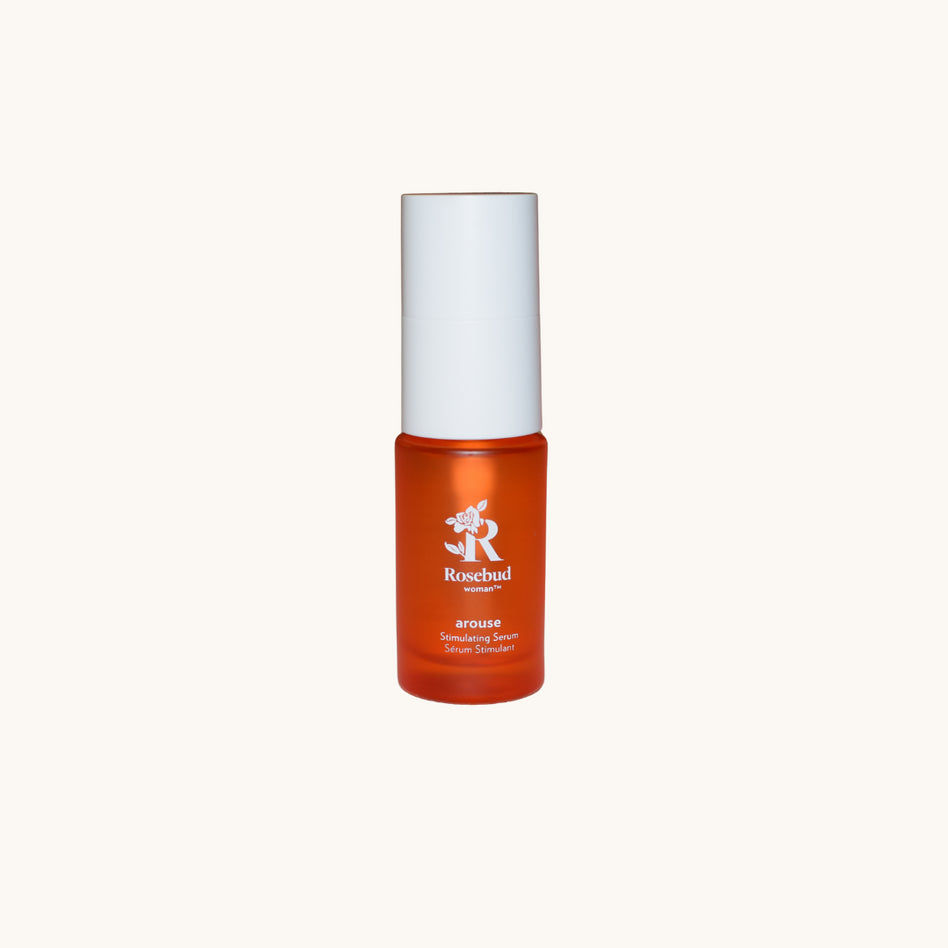What’s the Difference Between Natural Menopause & Surgical/Medical Menopause
Menopause is something that all women go through at some stage in their life- naturally occurring, it can begin as early as 42, or as late as 60. The average age of menopause is 52. However, there is also a form of menopause called surgical or medical menopause, which is caused by certain medical procedures no matter what age a woman is.
What is an Oophorectomy?
An oophorectomy is a surgery where a woman’s ovary and/or ovaries are removed. Oophorectomy procedures are usually done as preventative surgery, when other conditions such as ovarian cancer or endometriosis are present. A unilateral oophorectomy is when only one ovary is removed, which allows the woman to still get pregnant, and a bilateral oophorectomy is when both ovaries are removed.
Oophorectomy Side Effects
A woman who has an ovary-impacting procedure can expect to go into surgical menopause rather than natural menopause. They will immediately have menopause symptoms, just sped up and likely more intense due to the sudden loss of a significant estrogen source. Bilateral oophorectomy side effects include temperature changes, chills, mood swings, physical changes, loss or mistiming of menstrual cycles, weight changes, hair loss, and skin changes.
Oophorectomy vs. Hysterectomy
An oophorectomy is the removal of the ovaries and a hysterectomy is the removal of the uterus. Sometimes a hysterectomy could include an oophorectomy. The main difference between an oophorectomy and a hysterectomy is if the ovaries are left in. An oophorectomy is guaranteed to induce menopause, but depending on whether or not ovaries are removed during a hysterectomy, menopause can still occur at a woman’s natural age.
Cancers & Menopause
Believe it or not, there are a few positive aspects to medical menopause. The discomfort of a procedure can be a small price to pay when helping stop or reduce the presence of cancers that utilize estrogen to grow. A number of cancers - specific to women - have tumor development driven by estrogen and have to be fended off with chemotherapy. So, the removal of the hormone stops the cancer’s growth and can even reduce it. An oophorectomy is often recommended to prevent a fatal progression of cancer already diagnosed as present and growing.
In the case of endometriosis as well as chronic pelvic discomfort, removal of the ovaries can help. As a result, doctors may consider the approach for serious, extreme pain cases but not for lesser situations.
Chemotherapy for any cancer can bring on menopause. The point of chemotherapy is to kill rapidly-dividing cells and the ovaries contain rapidly-dividing cells that produce eggs so chemotherapy treatments can affect the ovaries. Women can expect to have menopause-like symptoms throughout chemotherapy treatments and depending on the age and medical dosage of the patient, their ovaries may not recover and can cause permanent medical menopause.
Adjustment and Post-Surgery Treatment
The body’s shift to life without estrogen can be dramatic and hard to deal with, so hormone replacement therapy is often prescribed for surgical menopause cases; side effects can last for months or even years. Hormone replacement therapy can also help women reduce their risk of heart disease, one of the more common serious risks with menopause. Unfortunately, it has been associated with higher risks of breast cancer.
At Rosebud Woman we have products to help a woman through all stages in life, including the skin changes that accompany menopause and perimenopause. Whether going through natural menopause or surgical menopause, you need to take care of your body and treat it well at every step in its journey.
Disclaimer: This is not medical advice, does not take the place of medical advice from your physician, and is not intended to treat or cure any disease. Patients should see a qualified medical provider for assessment and treatment.


























